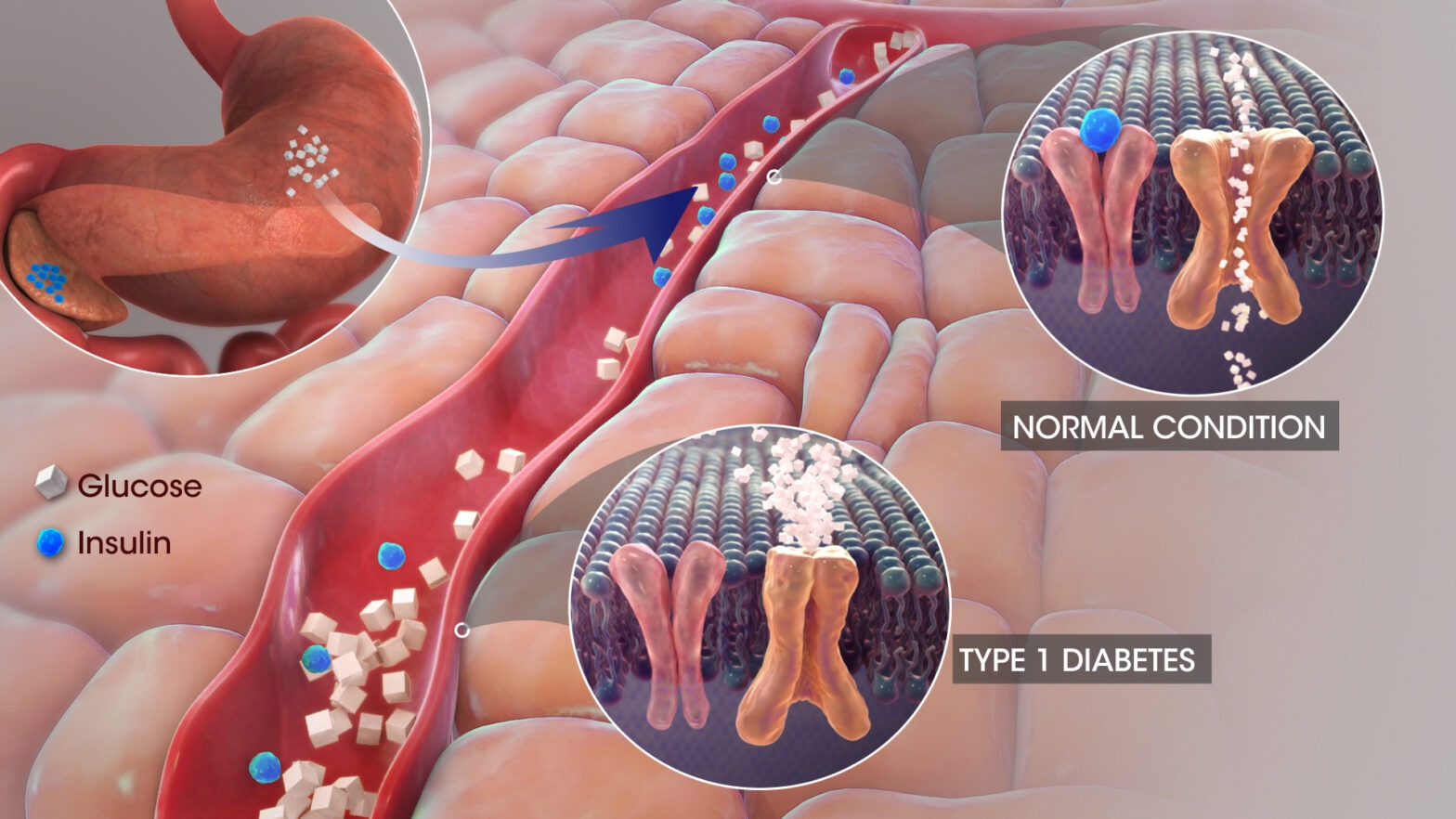Hydration for Diabetics: How Much Water Should You Drink?
Staying hydrated is essential for overall health, but it’s particularly important for people with diabetes. Dehydration can affect blood sugar levels, increase the risk of complications, and lead to fatigue, dizziness, and other health problems.
In this article, we’ll explore the recommended daily water intake for diabetics, discuss the benefits of staying hydrated, and examine five research studies that shed light on this topic.
FIVE Reasons Why Hydration Matters for Diabetics
- Blood Sugar Control: Dehydration can affect blood sugar levels, making it more difficult to manage diabetes.
- Kidney Function: Adequate hydration is essential for kidney health, which is particularly important for people with diabetes.
- Digestion: Staying hydrated helps with digestion and prevents constipation, which can be a problem for some diabetics.
- Energy Levels: Dehydration can lead to fatigue and low energy levels, making it harder to manage diabetes and other health conditions.
- Risk of Complications: Dehydration can increase the risk of diabetic complications, such as foot ulcers, neuropathy, and retinopathy.
How Much Water Should You Drink?
The recommended daily water intake varies depending on factors such as age, gender, activity level, and climate. However, most experts agree that adults should aim to drink at least eight 8-ounce glasses of water per day.
Here are some additional factors to consider:
- Activity level: If you’re more active, you’ll need to drink more water to replace fluids lost through sweat.
- Climate: Hot weather and high humidity can increase fluid loss, so it’s important to stay hydrated in these conditions.
- Medications: Some medications can affect fluid balance, so you may need to adjust your water intake accordingly.
- Medical conditions: If you have certain medical conditions, such as heart failure or kidney disease, your doctor may recommend changes to your fluid intake.
Research Studies on Hydration and Diabetes
- Study 1: Dehydration and Blood Sugar Control: A study found that dehydration can lead to increased blood sugar levels in people with diabetes.
- Study 2: Hydration and Diabetic Ketoacidosis: Another study showed that dehydration can increase the risk of diabetic ketoacidosis, a serious complication of diabetes.
- Study 3: Hydration and Kidney Function: Adequate hydration is essential for kidney health, which is particularly important for people with diabetes. A study found that dehydration can lead to kidney damage in people with diabetes.
- Study 4: Hydration and Constipation: Constipation is a common problem for people with diabetes. A study found that adequate hydration can help prevent constipation.
- Study 5: Hydration and Energy Levels: Dehydration can lead to fatigue and low energy levels. A study found that staying hydrated can improve energy levels and overall well-being.
FIVE Tips for Staying Hydrated With Diabetes
- Carry a water bottle: Keep a water bottle with you throughout the day and refill it regularly.
- Add flavor: If you find plain water boring, try adding a slice of lemon, lime, or cucumber for flavor.
- Eat fruits and vegetables: Many fruits and vegetables contain a high water content.
- Limit sugary drinks: Sugary drinks can contribute to dehydration and weight gain.
- Listen to your body: If you feel thirsty, drink more water. Your body is a good indicator of your hydration level.
Conclusion
Staying hydrated is essential for managing diabetes and preventing complications. By drinking enough water and being mindful of your fluid intake, you can help maintain healthy blood sugar levels, improve kidney function, and support overall well-being.
If you have concerns about your hydration level or diabetes, consult with your healthcare provider for personalized advice.

